Civil Unrest Disrupts Life: Top 10 Results of Civil Disturbances and Rioting
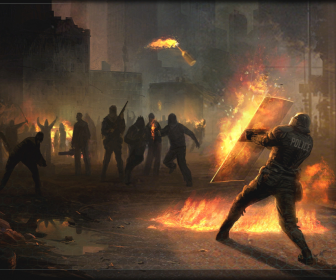
Civil unrest disrupts life in one way or another no matter which form the unrest occurs. Instead of thinking it will never happen to your neighborhood, city, state or country, you would be wise to understand civil unrest and take the time to prepare as much as possible.
Types of Civil Unrest
According to experts, civil unrest comes in four basic forms, ranging from disruption of a local neighborhood and escalating to a national level resulting in martial law. These levels include:
Level One – Usually occurring spontaneously, and while restricted to a neighborhood, this type of civil unrest can still be destructive and deadly. For instance the Rodney King riot in Los Angeles was limited in location, primarily impacting the local residents and businesses. Very seldom does this type of civil unrest disrupt life outside of the local area.
Level Two - This type of civil unrest is more organized and displays a level of planning not found in level one. While it may occur in a specific location, its impact may be felt far and wide as they target airports or business districts.
Level Three – When this type of civil unrest disrupts life, it usually does so on a regional or state-wide level. This unrest is usually accompanied by a crackdown by authorities who impose a number of restrictions, including: roadblocks, travel restrictions and ID checks, rationing of fuel and food, as well as banking controls and even mass arrests.
Level Four – This level is level three on a national or international scale and results in the implementation of martial law.
Ten Ways that Civil Unrest Disrupts Life
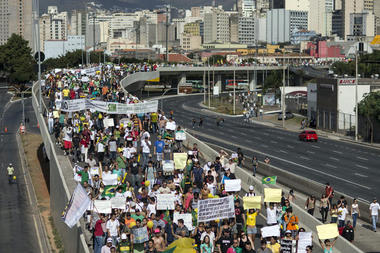
- Traffic disrupted: As people try to get to or leave the area where riots or protests are occurring they may encounter closed roads, detours, roadblocks, accidents and check points.
- Job interruption or loss: If protests occur in a business district or other area where you work, business in the area may be disrupted either temporarily or even permanently.
- Higher prices: Traffic disruptions can prevent or reroute deliveries of food, fuel and other goods, leading to higher prices.
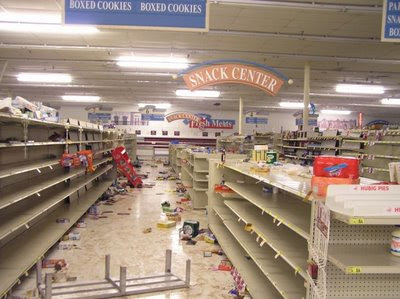
- Goods shortages: If civil unrest disrupts life it can impede deliveries from getting through, and stores will quickly begin running out of stock, leading to food and fuel shortages.
- Disruption of municipal services: Whether the disruption is caused by the rioters or by authorities in an effort to get control, you might suddenly find you have limited or no power, phone service, water and internet.
- Disruption of emergency services: When the police are concentrating on the location of the rioting, you may be on your own to deal with break-ins and other situations where you would normally call the police. This disruption may also extend to fire departments and ambulance services.
- Curfews: In an effort to control crowds, authorities will usually institute an overnight curfew. For instance in Thailand there is a 10:00 pm to 5:00 am curfew and woe to those who are caught outside during those times.
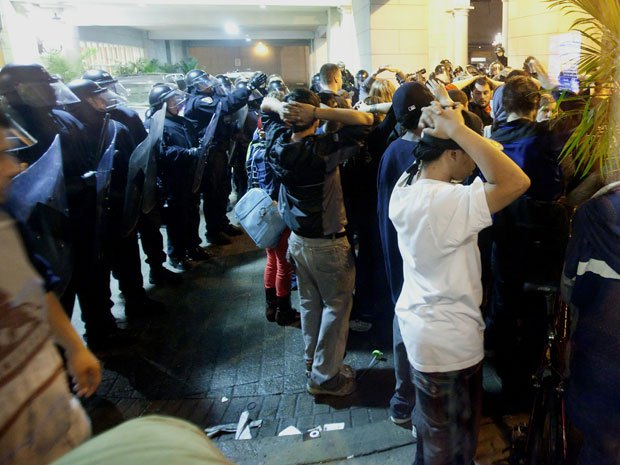
- Mass arrests: When civil unrest disrupts life, you do not want to be caught in the wrong place at the wrong time, because when the police or troops start rounding up troublemakers you could be swept up in their net. No questions asked. No explanations heard.
- Lack of due process: It is not uncommon that those arrested in those roundups can sit in jail for a long time without ever seeing an attorney, going before a judge, or getting that one phone call.
- Lack of medical care: Rioting and civil unrest can overwhelm hospitals and medical personnel leading to a lack of medical services.
These are just a few of the ways that civil unrest disrupts life as we know it. Of course, all or none of these may occur, but based on what has happened around the world in similar situations, you can expect to see at least some of these, if not all and more if people start rioting or fighting the government.
Return from Civil Unrest Disrupts Life to Survival Situations
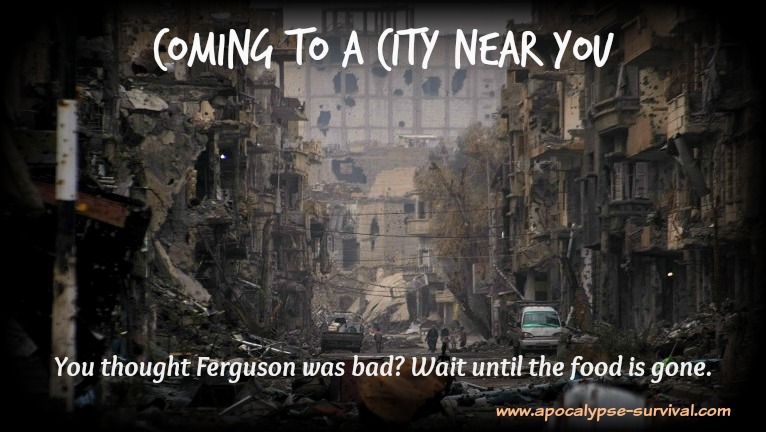





New! Comments
Have your say about what you just read! Leave me a comment in the box below.